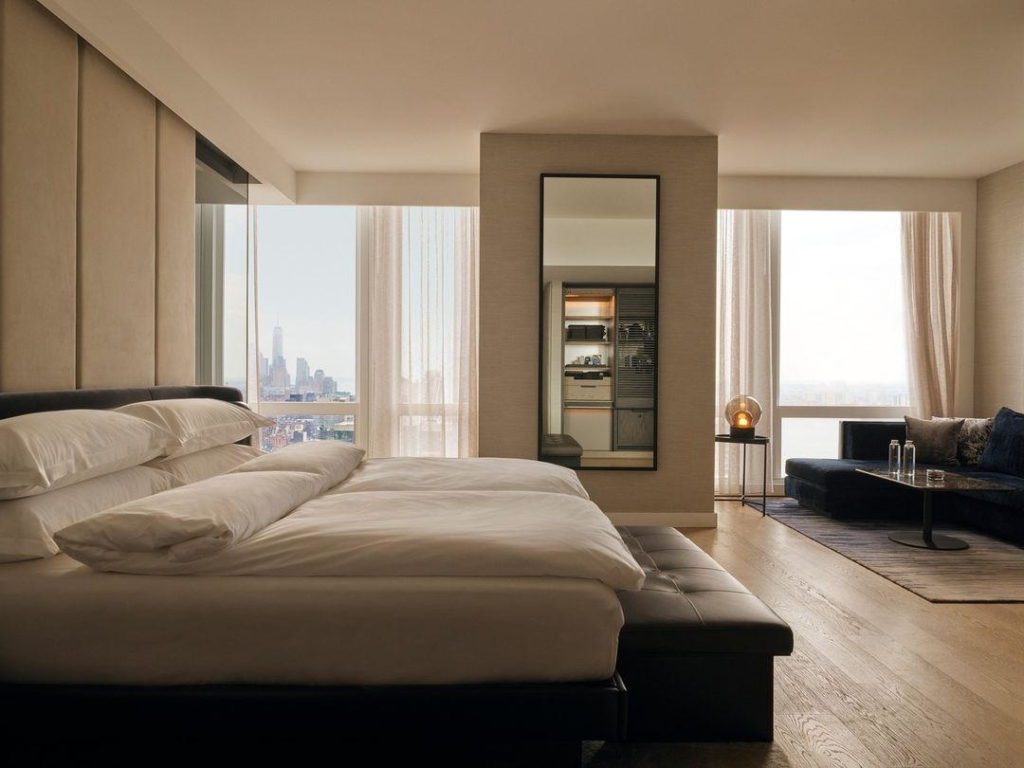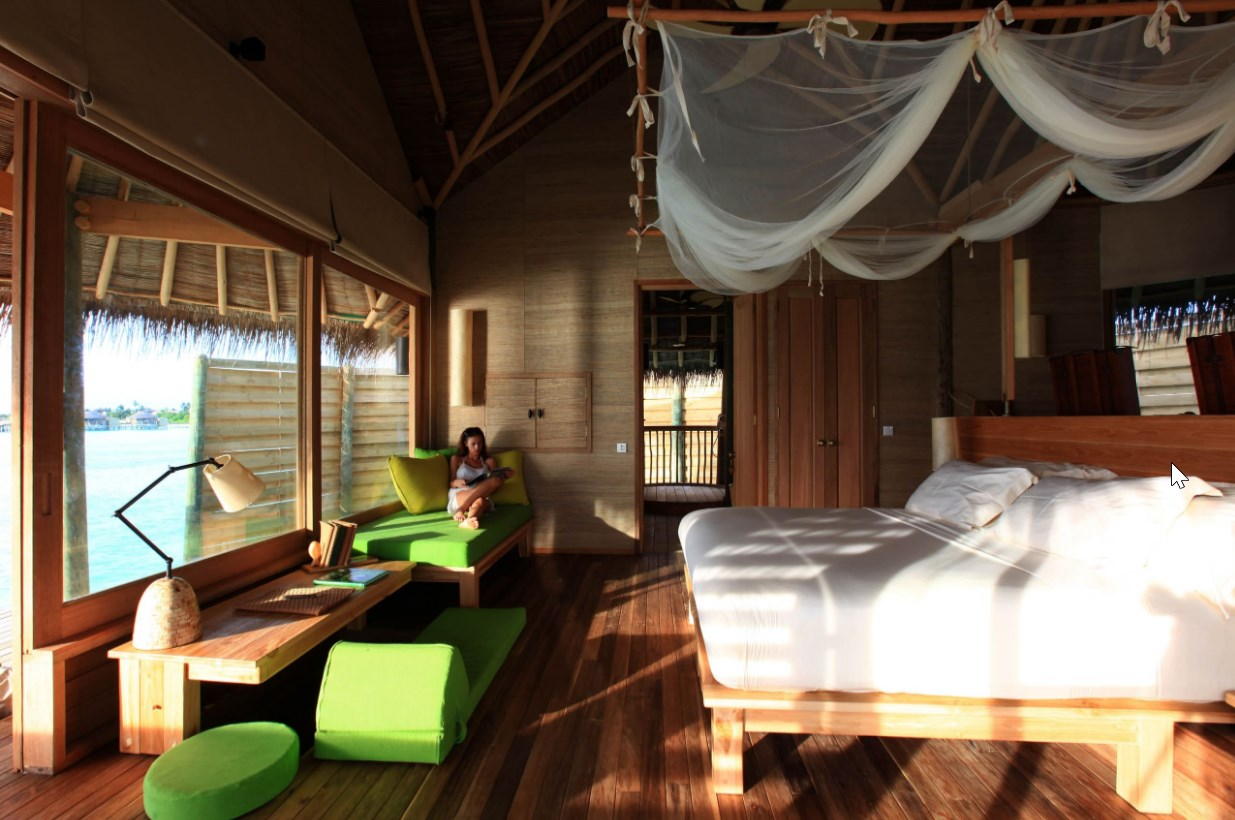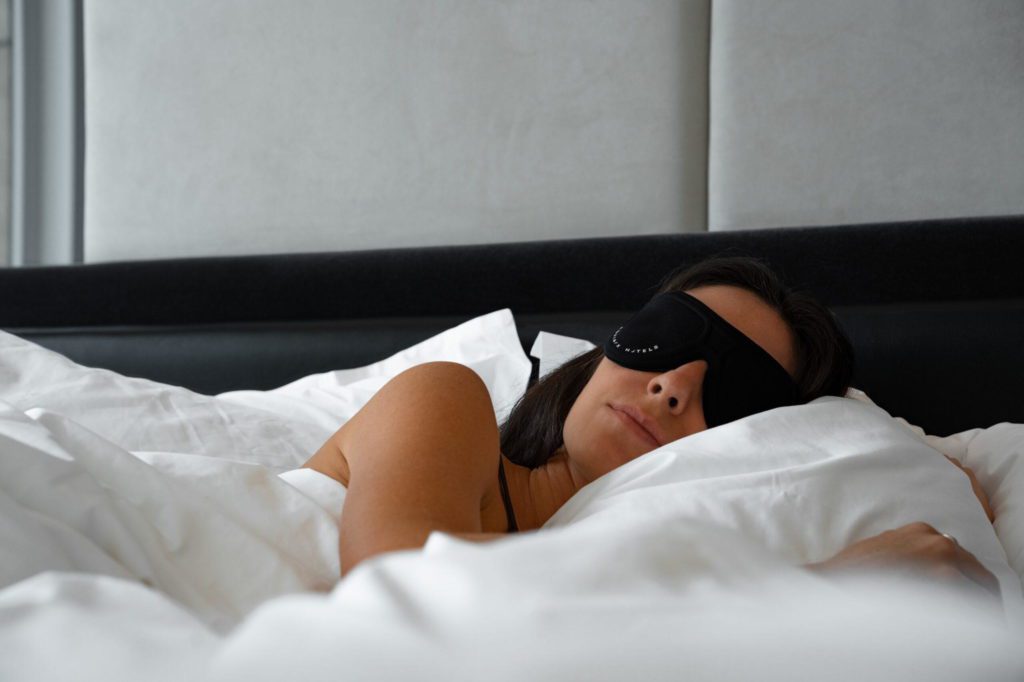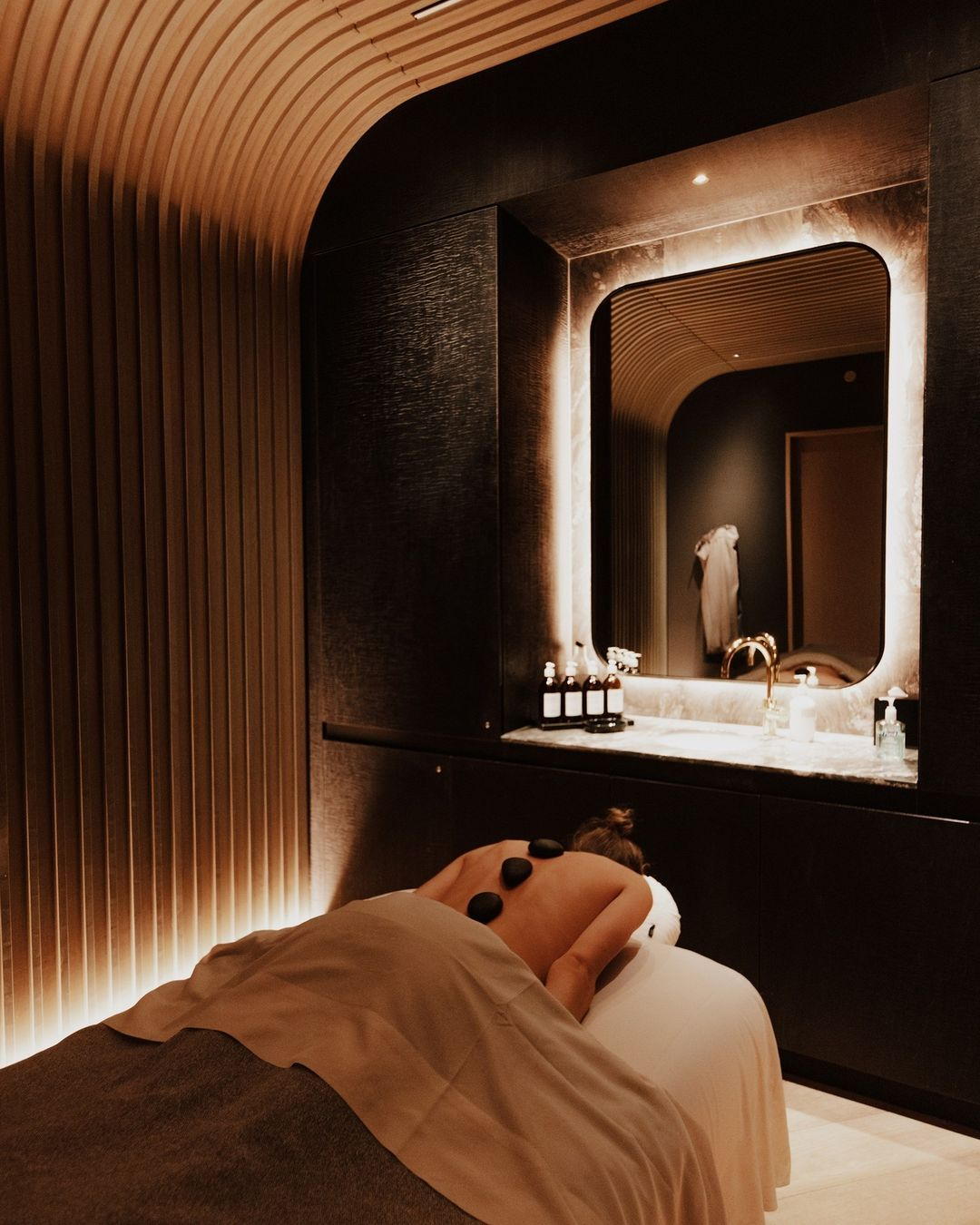You know the feeling. You’re excited for an upcoming trip and looking forward to some much needed rest and relaxation. But as soon as you slide under the stiff sheets of your hotel bed, your mind starts racing and your body refuses to unwind. The unfamiliar sounds and sensations make it nearly impossible to fall asleep. By the time you have to wake up, you feel more exhausted than before you arrived.
Fortunately, with a few simple tips you can transform even the most uncomfortable hotel room into a restful retreat. Follow these guidelines for how to hack your hotel sleep environment and wake up refreshed and recharged, ready to take on your adventures. Within a few trips, you’ll be sleeping like a baby regardless of what city you’re in.
Sweet dreams!
Choosing the Right Hotel
When choosing a hotel for a good night’s sleep, it’s important to consider the location and quality. Some tips:
- Look for a quiet spot away from busy roads and nightlife. Check recent reviews mentioning noise levels and bed comfort.
- Look for soundproofed or “deluxe” rooms which often have extras like blackout curtains. If noise might still be an issue, bring earplugs, a sound machine or Bluetooth sleep headphones.
- Ask for a room away from elevators, stairwells, gyms or bars. Higher floors are usually quieter.
- See if they offer “quiet hours” and if guests tend to respect them. Some hotels cater to business travelers who value silence.
With some preparation and the right hotel choice, you can overcome the challenges of sleeping in a new place. Wake up refreshed and ready to enjoy your trip. By focusing on rest, you’ll return home recharged instead of needing a vacation from your vacation!
Preparing for Sleep
To get the best sleep possible in a hotel, preparing for bedtime is key. Maintaining your normal pre-sleep routine will help your body wind down for sleep, even in an unfamiliar setting.
Stick to Your Usual Bedtime
Try to go to bed at your typical time. Keeping a consistent sleep schedule is one of the best ways to ensure high-quality rest. If you have an early morning, don’t be tempted to stay up late just because you’re on vacation. Your body will thank you for it!

Unplug and Unwind
Turn off electronics like TVs, phones and tablets at least 30 minutes before bed. The blue light they emit disrupts your circadian rhythm. Do some light stretches, read a book, or meditate to relax your mind and body. A warm bath or shower can also be soothing and help you sleep more soundly.
Choose a Quiet, Dark Room
Request a room in a quiet location away from elevators, ice machines, and noisy neighbors. Use a sound machine, earplugs, or noise-canceling headphones if necessary. Make sure to draw the blackout curtains to block outside light. The darker and quieter the room, the better your chances of drifting off to sleep.

Pack Your Own Pillow and Eye Mask
Bring your own pillow, eye mask, earplugs and blanket from home for familiar comfort in an unfamiliar bed. Your favorite pillow and bedding can make a big difference in your ability to fall asleep. An eye mask and earplugs also provide relief from disruptive light and sounds.
Following your usual pre-sleep routine and making the hotel environment as comfortable as possible will mean waking up well-rested and ready to enjoy your trip. Don’t let one sleepless night ruin your whole vacation. With some simple preparation, you’ll be sleeping like a baby and feeling rejuvenated for whatever adventures await you in the morning.

Creating a Comfortable Sleep Environment
Creating an ideal sleep environment in a hotel room is key to overcoming any obstacles to restful sleep while traveling. The temperature, noise, and light levels in your room can make a big difference in your ability to fall asleep and stay asleep.
Adjust the thermostat for a comfortable sleeping temperature. Most experts recommend a slightly cool room, around 65 to 67 degrees Fahrenheit for the best sleep. If the room is too warm, you’ll likely feel restless and wake up frequently during the night. Call the front desk and ask them to lower the temperature in your room for the night so you can sleep soundly.
Block unwanted light and noise. Use an eye mask to block ambient light from electronic devices, hallway lighting, and early morning sun. Earplugs or noise-canceling headphones can block out noise from the hallway, elevators, and neighboring rooms. Activate the “Do Not Disturb” sign on your door to prevent housekeeping from interrupting your slumber.
Ask about changing rooms if noise is an issue. If you’re a light sleeper and there are loud guests, traffic, or other unavoidable noises near your room making it hard to sleep, don’t hesitate to request a room change, especially if you have multiple nights booked. Your sleep and ability to function the next day are worth the hassle of switching rooms. Explain the situation to the front desk staff and they should work to move you to a quieter area of the hotel.
Keep the basics on hand. Having your own pillow, blanket, pajamas, toiletries, water, phone charger, and other necessities from home in your hotel room will make it feel more familiar and help you establish a calming pre-sleep routine. Sticking to a routine as close to your usual one as possible will cue your body and mind that it’s time to unwind and sleep.
With a few adjustments, you can transform any hotel room into a cozy retreat for high-quality rest. Make your requests known to hotel staff and take control of the factors within the room that you can, so you wake up refreshed and ready to take on the day, even when traveling. The ability to sleep well wherever your travels take you is a skill worth cultivating. Sleep tight!
Using the Hotel’s Amenities
One of the best ways to improve your sleep quality in hotels is to take advantage of the amenities and services offered. Many hotels now focus on wellness and provide features that can help lull you into a restful slumber.
Use the Spa or Fitness Center
If your hotel has a spa, consider booking a massage or treatment like a warm stone massage before bed. The heat and kneading action of the stones will relax your muscles and calm your mind. Even just soaking in a hot tub for 15-20 minutes can do wonders for relaxing you into a sleep-ready state.

For those who prefer to be active, head to the gym for some light exercise like yoga or swimming. Exercise releases endorphins that act as natural sedatives and the physical activity will tire your body, making it ready for sleep. Just be sure to complete any workouts at least 1-2 hours before your target bedtime.
Order Room Service
Rather than venturing out for dinner, order a healthy meal from the hotel’s room service menu. Some good options include:
- A broth-based soup with lean protein and lots of vegetables. The warmth will relax your body and the light, nutritious meal won’t weigh you down.
- A salad with salmon or grilled chicken. Greens are high in magnesium which promotes sleep, and the protein provides the amino acid tryptophan which can make you drowsy.
- Herbal tea with a piece of fruit. Chamomile or lavender tea have calming properties and fruit gives you a small dose of natural sugar to prevent energy crashes during the night.
Eating in your room allows you to unwind with minimal stimulation as you enjoy your meal. You can do some light reading, take a warm bath, or simply relax in bed with the TV on low. A quiet, soothing pre-bed routine will get your mind and body ready for a restorative night’s rest.
Using the amenities and services at your hotel is an easy way to establish a relaxing bedtime ritual when traveling. Take advantage of the facilities on offer and you’ll find yourself sleeping more soundly even in an unfamiliar bed. Sweet dreams!
Dealing with Jet Lag
Dealing with jet lag can be tough when traveling to a new time zone. Here are some tips to help you adjust quickly and sleep better:
- As soon as you get to your hotel, shift to the local schedule. That means if it’s daytime, get outside and soak in the sun. Exposure to sunlight helps reset your circadian rhythm. At night, avoid screen time and do relaxing activities like reading to unwind.
- Give yourself time to rest. Don’t plan intense activities for the first couple of days. Your body is adjusting, so take it easy and nap if needed. Light exercise like going for a walk can also help you sleep at night.
- Stick to small meals and stay hydrated. Avoid heavy, spicy or sugary foods that can disrupt your sleep. Drink plenty of water to avoid dehydration from the flight and help your body adapt.
- Use your hotel room to your advantage. Make sure it’s cool, dark and quiet for sleeping. Use blackout curtains, earplugs or a sound machine if needed. The temperature, sounds and amount of light in your environment all signal your body to sleep.
- Melatonin can help reset your circadian rhythm. The over-the-counter supplement is natural, non-habit forming and helps induce sleepiness. You can start with a low dose, around 1 to 3 milligrams. Check with your doctor first, especially if you’re on any other medications.
- Be patient and go easy on yourself. Don’t get frustrated if you have trouble sleeping the first couple of nights. Remind yourself that jet lag will pass and your body just needs time to adjust. Staying relaxed will help you sleep better in the long run.
The key is adjusting quickly by shifting to the local schedule for activity, meals and sleep. Make your hotel room conducive for rest, limit stimulation before bed and use melatonin if needed. Give your body time and stay patient—with these tips, you’ll be sleeping like a baby in no time.
Conclusion
So there you have it, a few tips to help you get a good night’s rest on your next hotel stay. Trying out different routines to wind down, blocking out light and sound, keeping the temperature cool – these small changes can make a big difference. You’ve invested in your travel experience, now invest in your sleep. After all, feeling well-rested will allow you to get the most out of your trip and really enjoy all the destination has to offer.
Sleep tight!
